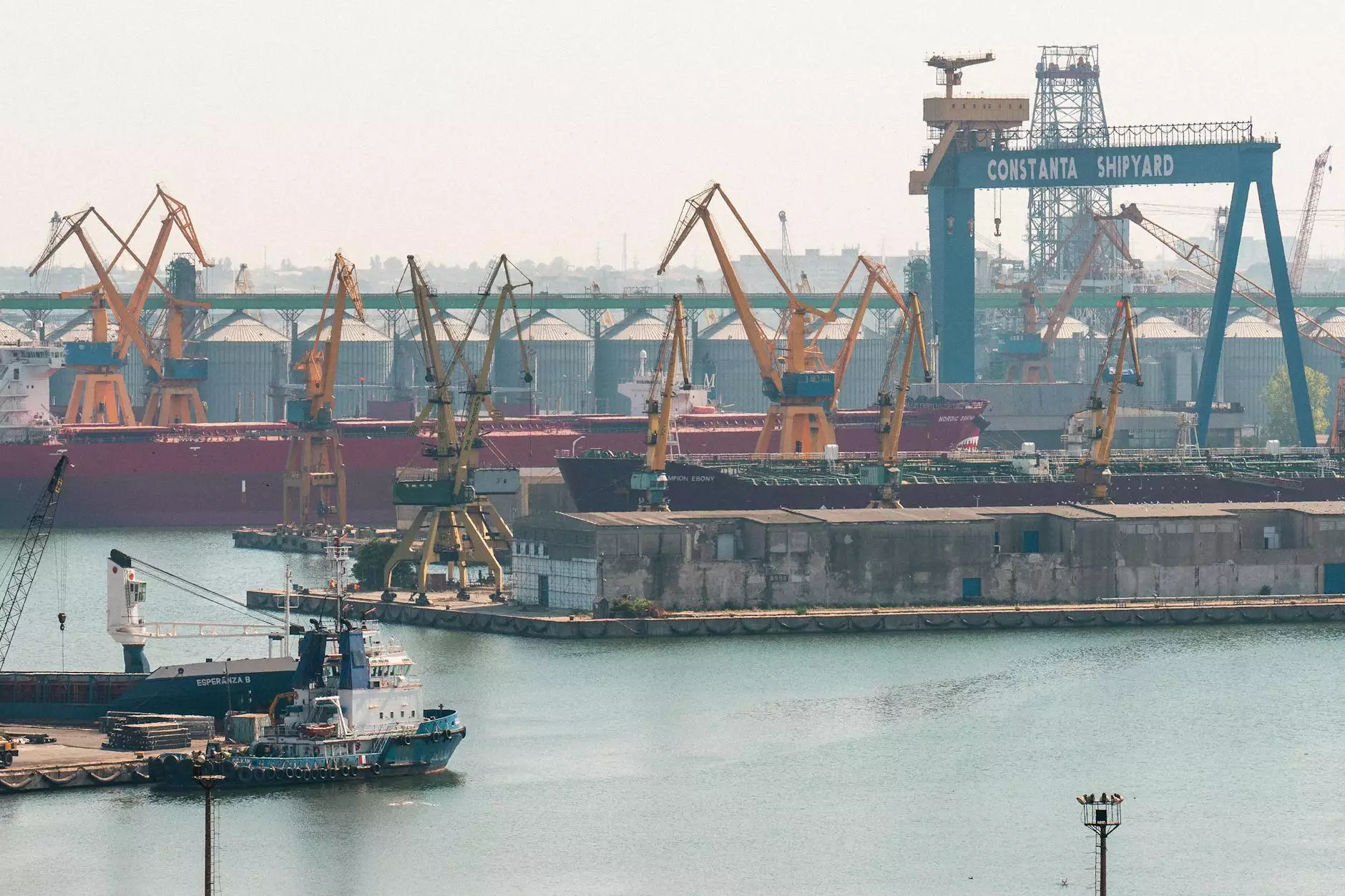Unlocking Success: Navigating Your Business with Quotes for Freight

In today's dynamic economic landscape, businesses of all sizes face the critical challenge of streamlining their operations. One of the most pivotal factors in ensuring operational efficiency is freight management. When crafting a strategy around logistics, understanding your options is crucial. This is where quotes for freight come into play, providing invaluable insights and comparisons to enhance your shipping processes.
Understanding Quotes for Freight
At its core, a freight quote is an estimate of the costs involved in moving goods from one location to another. A thorough understanding of freight quotes can lead to better decision-making, ensuring you are optimizing your resources effectively. Here are some of the key components you need to consider:
- Transport Mode: Different modes, such as air, sea, and land transport, will have varying costs.
- Distance: The distance between the pickup and delivery points is a primary factor affecting cost.
- Weight and Volume: The weight and dimensions of the shipment directly influence the pricing structure.
- Insurance: Adding insurance can provide peace of mind, though it increases the overall cost.
- Delivery Timeframe: Expedited shipping usually comes with a premium price tag.
Why Your Business Needs Accurate Quotes for Freight
Precise and timely quotes for freight are essential for a multitude of reasons:
- Budgeting and Cost Management: Knowing the exact costs allows businesses to budget effectively and avoid unexpected expenses.
- Comparison Shopping: By obtaining multiple quotes, companies can compare costs and services, fostering a competitive logistics environment.
- Efficiency in Operations: Understanding freight costs helps streamline operations, allowing for quicker decision-making regarding shipping strategies.
- Improved Customer Satisfaction: Accurate quotes contribute to reliable service delivery, enhancing overall customer satisfaction and trust.
The Role of Shipping Centers
Shipping centers play a significant role in the successful transportation of goods. These hubs are crucial in the logistics chain, acting as pivotal points where shipments are consolidated, processed, and dispatched. When considering quotes for freight, identifying the right shipping center for your needs is vital.
Key Features of Shipping Centers
- Strategic Location: Proximity to major transport links can significantly reduce shipping times and costs.
- Technology Integration: Modern shipping centers utilize advanced technologies to track shipments and optimize routes.
- Expert Staff: Trained experts can provide personalized advice, assisting businesses in navigating complex shipping regulations.
- Customizable Services: Many centers offer a variety of customizable shipping solutions to meet specific business needs.
The Importance of Business Consulting in Freight Management
Business consulting plays an essential role in improving logistics strategies. Effective consulting services can help businesses position themselves advantageously in the marketplace. When seeking advice, consultants focus on:
- Logistics Optimization: Identifying opportunities to streamline shipping processes and reduce costs.
- Regulatory Compliance: Ensuring adherence to all shipping regulations and standards that can affect freight quotes.
- Performance Analysis: Reviewing historical data to assess past freight performance and inform future strategies.
Vehicle Shipping Considerations
Shipping vehicles adds another layer of complexity to freight management. When you're looking for quotes for freight specific to vehicles, take into account the following factors:
- Type of Vehicle: Different vehicles require different shipping arrangements and equipment.
- Condition of the Vehicle: Working vehicles may be less expensive to ship than those needing special handling.
- Destination Regulations: Certain destinations may have restrictions or additional costs associated with vehicle shipping.
Gaining a Competitive Edge with Data-Driven Decisions
In an age defined by technology and data, leveraging analytics in shipping can provide a significant advantage. Here are several ways that data analysis enhances freight management:
- Predictive Analytics: Utilizing historical shipment data to predict future costs and timelines.
- Real-Time Tracking: Monitoring shipments in real time allows businesses to respond quickly to any delays or issues.
- Cost-Benefit Analysis: Assessing the potential ROI of different shipping strategies based on data insights.
Building Strong Relationships with Freight Providers
Engaging with reliable freight providers is essential for maintaining smooth operations. Businesses should prioritize building strong relationships with these providers by:
- Regular Communication: Keeping open lines of communication can help preemptively resolve issues that may arise.
- Negotiating Terms: Understanding your business needs allows you to negotiate contracts that work best for your shipping strategy.
- Feedback Loop: Continuously seeking feedback from freight providers on how to improve services and costs can lead to better partnerships.
Conclusion: Elevating Your Business Strategy with Quotes for Freight
In conclusion, quotes for freight serve as more than just estimates; they are vital tools in fostering effective business operations. By understanding the intricacies of freight management, leveraging shipping centers, engaging in business consulting, and considering vehicle shipping requirements, businesses can enhance their logistics strategies significantly. As the logistics landscape continues to evolve, staying informed about the latest trends and technologies will ensure that your business remains competitive in a demanding market.
With a strategic approach towards freight management, organizations can take their operations to unprecedented heights, leading to improved customer satisfaction and business growth.









